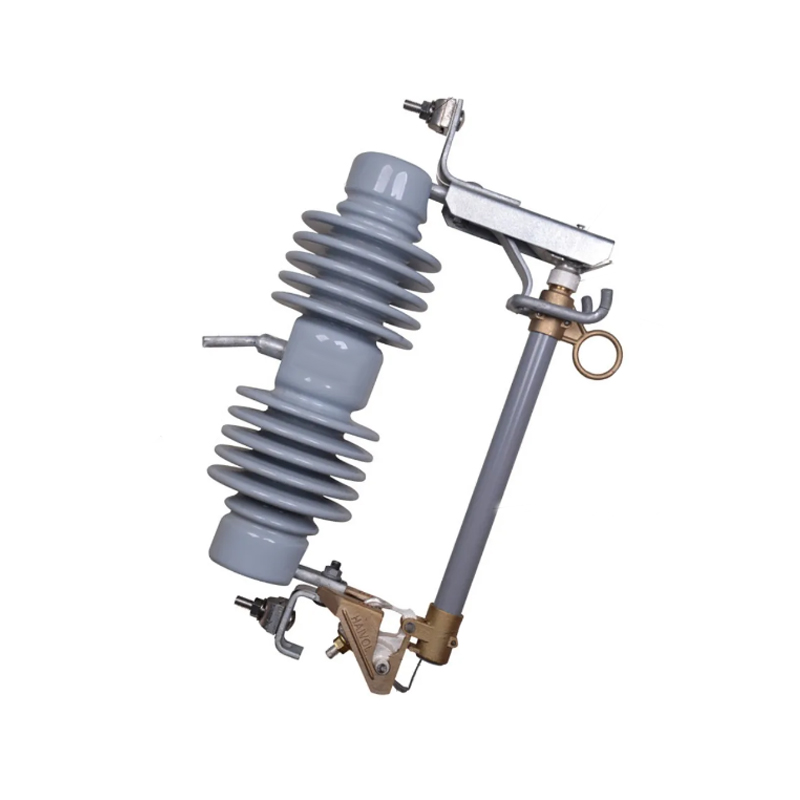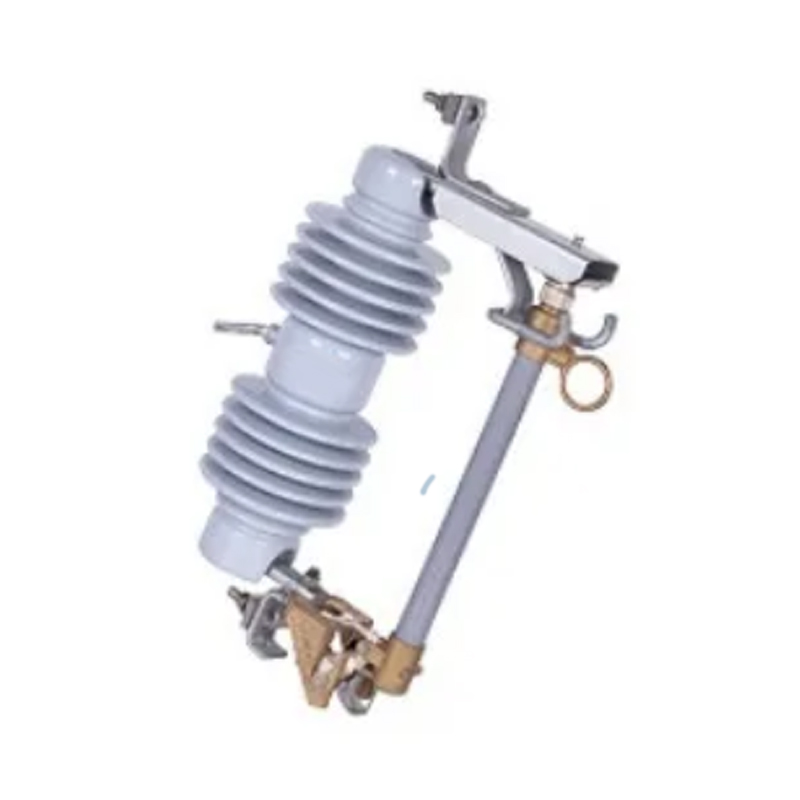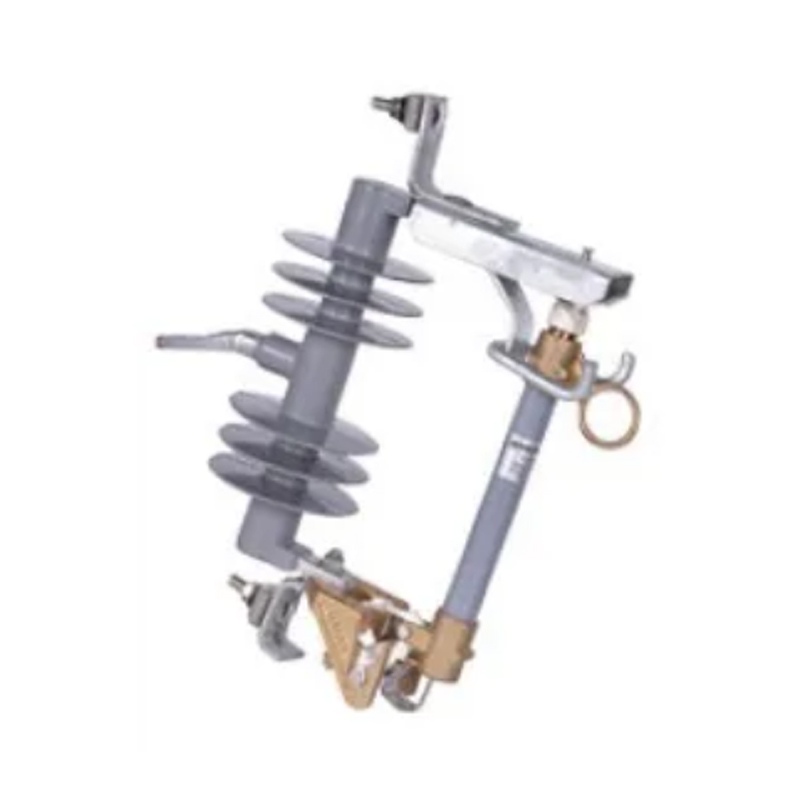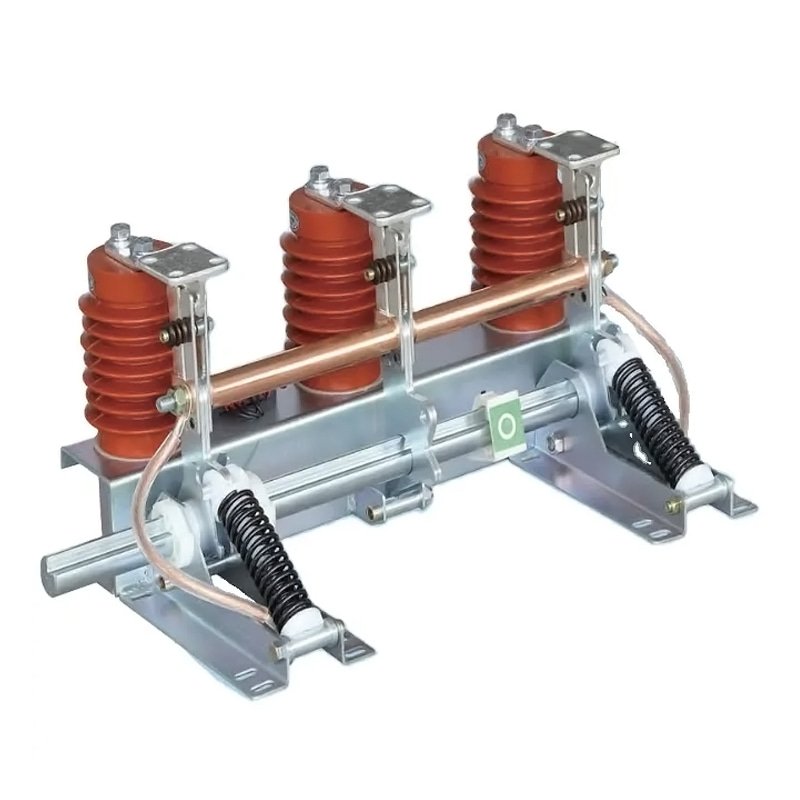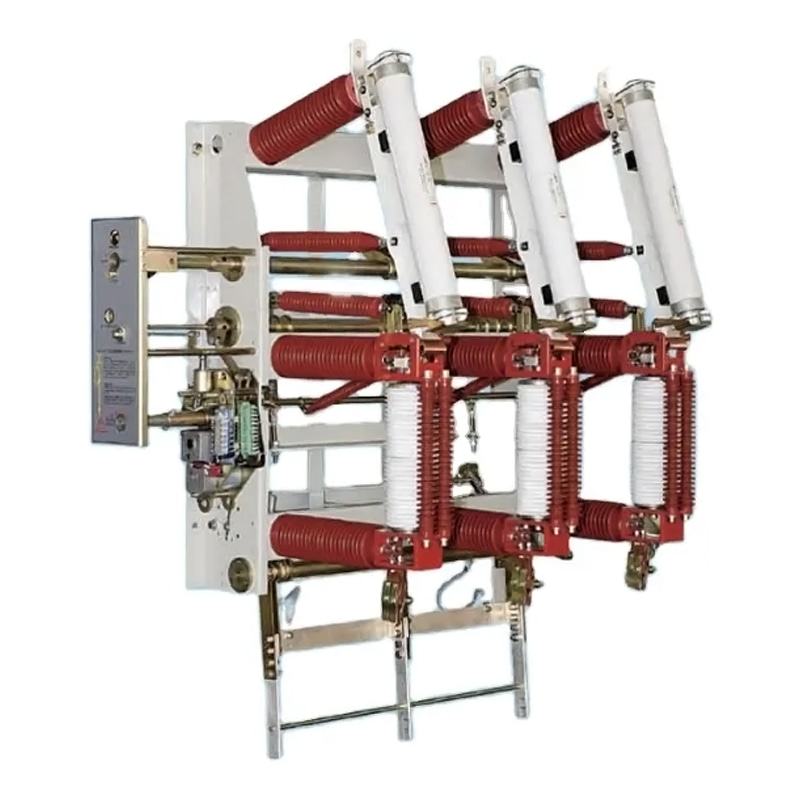Smart metal waterproof isolators are designed to provide a high level of protection against water ingress, ensuring that electrical systems remain safe and functional even in the more challenging environments.
The demand for reliable and safe electrical systems has led to the innovation of smart metal waterproof isolator switches. These devices are crucial in various industries, including construction, marine, and outdoor installations, where exposure to water and harsh weather conditions is common. The integration of smart technology into these switches has revolutionized the way electrical systems are managed and maintained.
Waterproofing is a critical feature of any isolator switch, especially in environments where water exposure is inevitable. The smart metal waterproof isolator switch is designed with a robust metal casing that provides a barrier against water and moisture. This not only protects the internal components from damage but also prevents the risk of electrical short circuits and potential hazards.
The integration of smart technology into metal waterproof isolator switches has brought about several benefits. These include:
1. Remote Monitoring: With the ability to connect to a network, these switches can be monitored remotely. This allows for real-time tracking of the system's status and immediate detection of any issues.
2. Automated Control: Smart switches can be programmed to automatically turn on or off based on specific conditions or schedules, reducing the need for manual intervention and improving energy efficiency.
3. Enhanced Safety Protocols: Advanced safety features such as overcurrent protection, short circuit protection, and leakage protection are standard in smart switches, ensuring that the system remains safe at all times.
The design of smart metal waterproof isolator switches is meticulous, focusing on durability, functionality, and ease of use. The metal casing is not only waterproof but also resistant to corrosion, making it suitable for both indoor and outdoor applications. The internal components are carefully selected to ensure reliability and longevity.
Smart metal waterproof isolator switches find applications in a wide range of settings:
1. Marine Environments: Ships, offshore platforms, and other marine installations require switches that can withstand harsh marine conditions, including saltwater exposure.
2. Construction Sites: Construction sites often have temporary electrical setups that need to be safe and easy to manage. Waterproof switches are essential in these environments.
3. Outdoor Installations: Public lighting, billboards, and other outdoor installations benefit from the weather-resistant properties of these switches.
4. Industrial Settings: Factories and other industrial environments where water and dust are common can rely on these switches for safe and efficient electrical management.
Smart metal waterproof isolator switches offer several advantages over traditional switches:
1. Increased Safety: The advanced safety features and robust construction provide a higher level of protection against electrical hazards.
2. Improved Durability: The metal casing and high-quality internal components ensure that these switches can withstand harsh conditions and last longer.
3. Efficiency: Automated control and remote monitoring contribute to more efficient use of electrical resources.
4. Ease of Maintenance: With remote monitoring capabilities, maintenance can be scheduled proactively, reducing downtime.
As technology continues to advance, the capabilities of smart metal waterproof isolator switches are expected to expand. Future developments may include:
1. Integration with IoT: Internet of Things (IoT) integration will allow for even more sophisticated remote monitoring and control.
2. Enhanced User Interfaces: Improved interfaces will make it easier for users to interact with the switches and manage their systems.
3. Greater Customization: Users may be able to customize the functionality of their switches to better suit their specific needs.
4. Sustainability: There is a growing focus on creating more sustainable products, and future switches may incorporate eco-friendly materials and energy-saving technologies.



 English
English русский
русский عربى
عربى